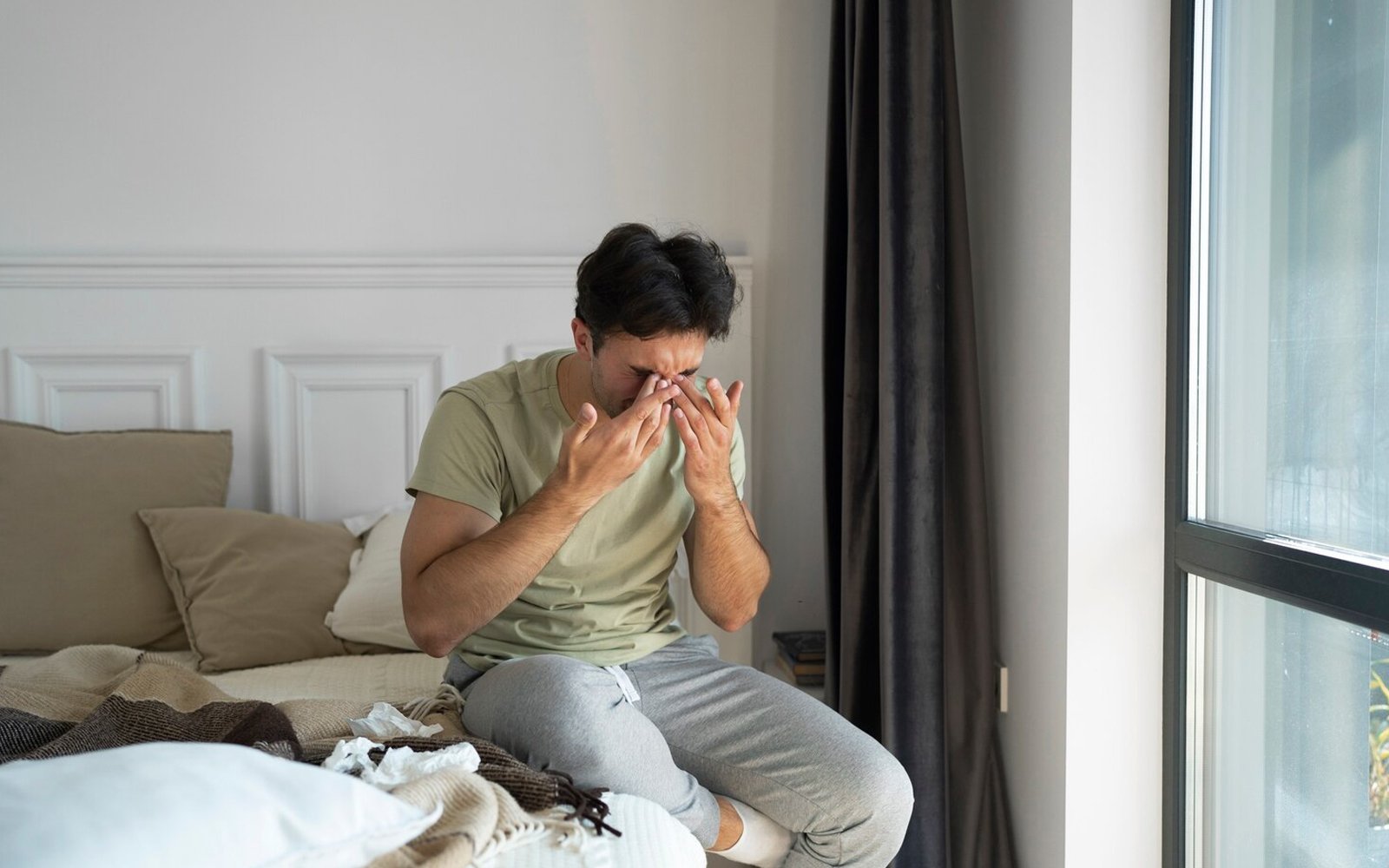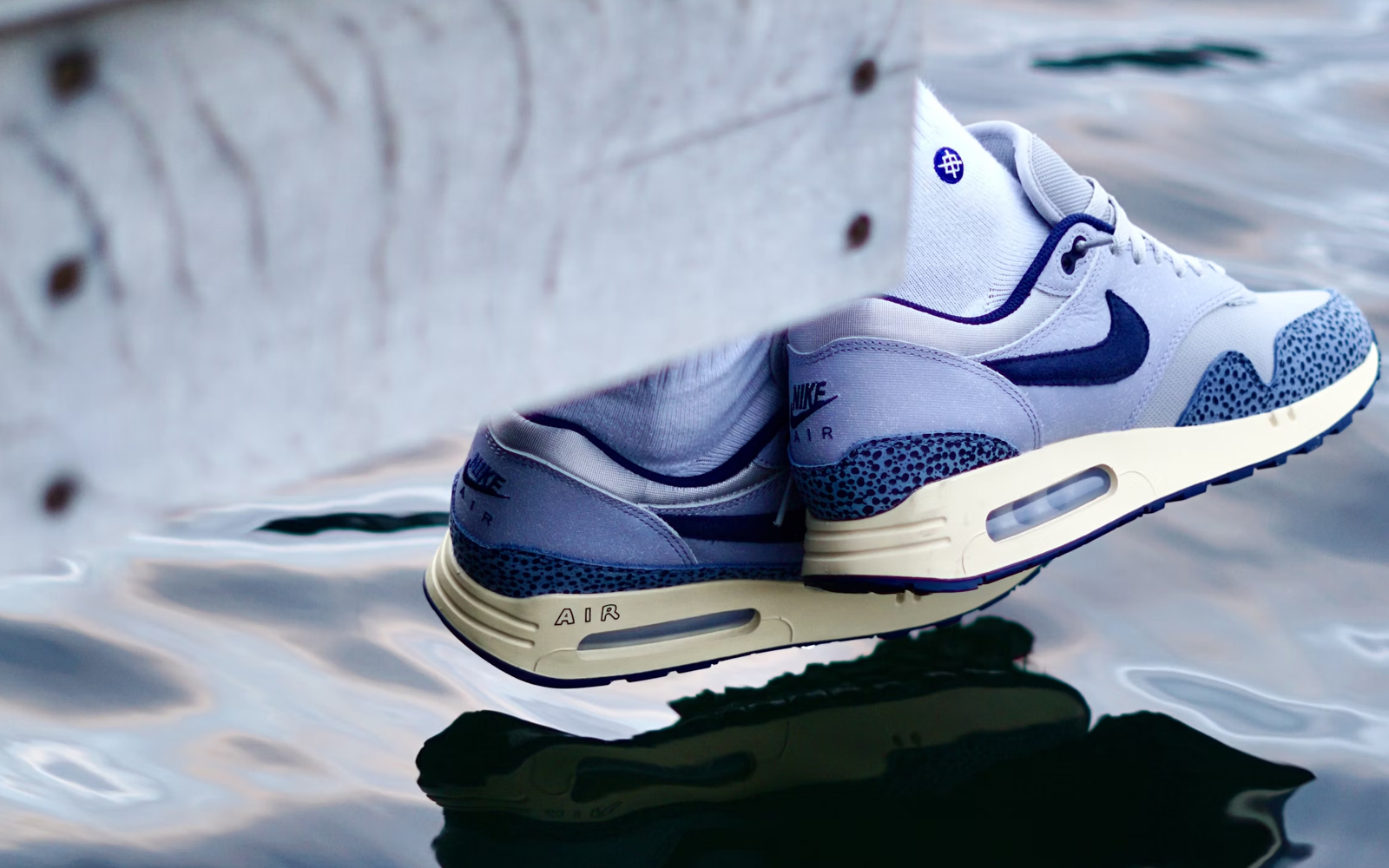
Colds and the flu are typically associated with fall and winter, but you can just as easily catch an infection in the summer. Colds, rhinitis, and the flu are caused by viruses.
At least 200 different viruses can contribute to these illnesses, and often, more than one pathogen is responsible for a cold.
The symptoms of summer and winter colds are very similar. Common signs include sneezing, coughing, nasal congestion, runny nose, headache, sore throat, weakness, and a general feeling of being unwell.
The prevention and treatment of summer colds are the same as for upper respiratory infections in other seasons. Since these illnesses are viral, antibiotics are unnecessary, and the treatment goal is to relieve symptoms.
Therefore, it’s best to choose medications based on the symptoms that bother you the most. Alongside over-the-counter cough suppressants, pain relievers, and nasal drops, it’s crucial to stay hydrated, get plenty of rest, and maintain proper humidity in your environment.
Natural remedies can also be effective, such as fruits high in vitamin C, honey, ginger, or garlic.
Since summer colds can lead to serious complications, it is essential to see a doctor if your condition does not improve within a week or if you experience additional symptoms like rashes, difficulty swallowing, severe coughing, swollen eyes, or discharge. Pay special attention to infants and young children, the elderly, and those with weakened immune systems.
How to Know It’s Not an Allergy
We often suspect allergies over colds because the symptoms are similar, and we tend to associate allergies more with the summer season. However, some key differences can help us make an accurate diagnosis and apply the correct treatment. Allergies do not cause fever and do not resolve within 7-10 days, unlike colds.
Typically, cold symptoms remain consistent, whereas allergies can fluctuate based on certain factors. For example, you might feel better after washing your hair or staying indoors. Colds are characterized by weakness, lethargy, and a general feeling of malaise. They can also cause joint or muscle pain, which allergies do not.


